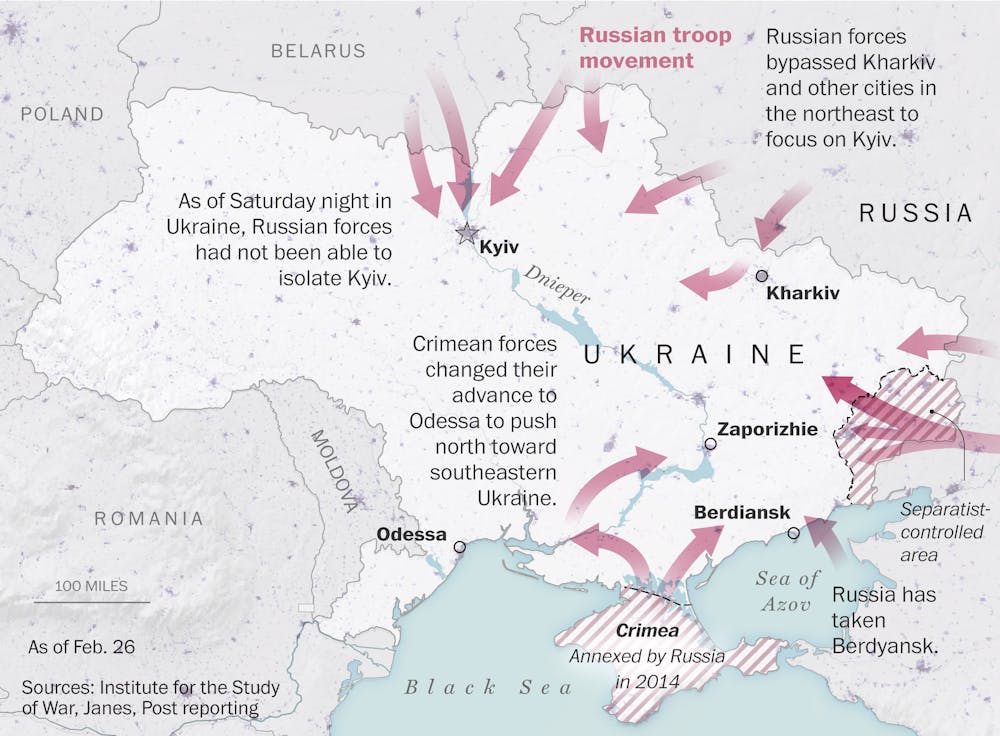Unraveling the Russia-Ukraine Conflict: A History and Background
Introduction: The ongoing conflict between Russia and Ukraine has captured international attention and raised concerns about regional stability and global relations. To better understand this complex situation, it is crucial to delve into the history and background that has shaped the Russia-Ukraine war. In this blog post, we will explore the key events, underlying factors, and geopolitical dynamics that have contributed to this protracted conflict.
Historical Context:
- The legacy of the Soviet Union and its impact on Ukraine's formation as an independent nation.
- Historical ties and shared cultural elements between Russia and Ukraine.
- Ukraine's path towards independence and challenges in forging a new national identity.
Euromaidan Movement:
- The Euromaidan protests in 2013-2014 as a response to Ukraine's political and economic challenges.
- Popular demands for closer integration with the European Union and the rejection of Russian influence.
- Escalation of the protests, government crackdown, and the eventual ousting of President Yanukovych.
Annexation of Crimea:
- Russia's annexation of Crimea in 2014 following a controversial referendum.
- Geopolitical and historical factors behind Russia's claims on Crimea.
- International response and condemnation of Russia's actions.
Conflict in Eastern Ukraine:
- Emergence of separatist movements in eastern regions of Ukraine.
- Alleged Russian support for separatists and accusations of direct military involvement.
- Humanitarian crisis, displacement of civilians, and violations of ceasefires.
Geopolitical Considerations:
- Russia's strategic interests in maintaining influence in Ukraine.
- NATO and EU expansion and the perceived threat to Russia's sphere of influence.
- Energy politics, including Russia's control over gas pipelines and Ukraine's transit role.
International Response:
- Sanctions imposed on Russia by the United States, European Union, and other countries.
- Diplomatic efforts and negotiations to find a peaceful resolution.
- Implications for global security and the future of international relations.
Conclusion: The Russia-Ukraine conflict is a complex interplay of historical, geopolitical, and socio-economic factors. Understanding the history and background of this conflict is crucial for comprehending the motives, actions, and consequences of the parties involved. As the international community continues to seek a peaceful resolution, it is essential to consider the aspirations and concerns of the people of Ukraine, the regional dynamics, and the broader implications for global stability.
Russia-Ukraine war, conflict, history, background, geopolitical dynamics, Soviet Union, independence, Euromaidan movement, protests, annexation of Crimea, separatist movements, international response, sanctions, energy politics, NATO, EU expansion, global security, diplomatic efforts, socio-economic factors.

Comments
Post a Comment